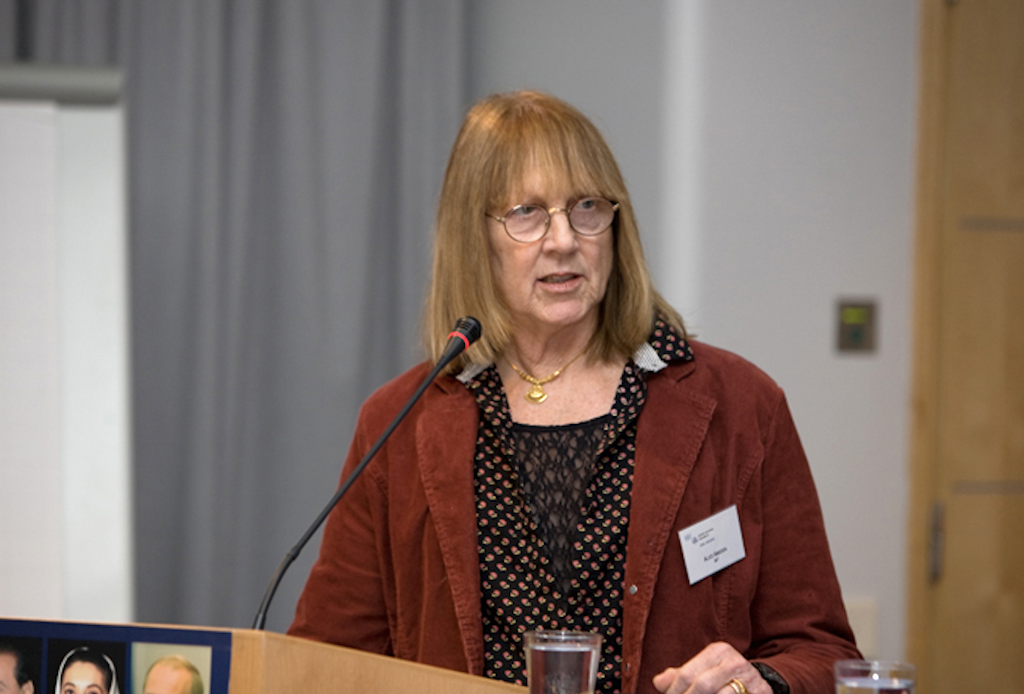For American defenders of economic liberalism and free markets, China’s rise has been deeply disorientating. Unmoved by concerns about the market distorting effects of picking winners, the Communist Party of China has engaged in a focused campaign of industrial policy, using the state to discipline firms that have gone on to become globally competitive.
For the economist Alice Amsden, who came to prominence in the late 1980s for her writing on global development and died in 2012, the success of China would not have come as a surprise. Amsden began her career as powerful development institutions such as the World Bank were touting deregulation and privatization as solutions to global poverty. But the experience of the postwar years, in which South Korea — a recurring object of study for Amsden — used industrial policy to drag itself into middle income status, was a refutation of the orthodoxies rehearsed at Davos and in the International Monetary Fund.
The embrace of state subsidies to firms, tariffs, and large-scale infrastructure spending under Joe Biden and Donald Trump’s presidencies is partly a concession to the kind of developmentalist thinking advocated by Amsden. However, Amsden, a fellow traveler, if not devotee, to Marxism offered a more ambivalent assessment of the records of late industrializing nations like South Korea and China than defenders of Biden/Trumponomics are perhaps willing to countenance. For her, the repression of labor was as important to the success of these nations as large-scale economic coordination.
Amsden was…
Auteur: Benjamin Selwyn

